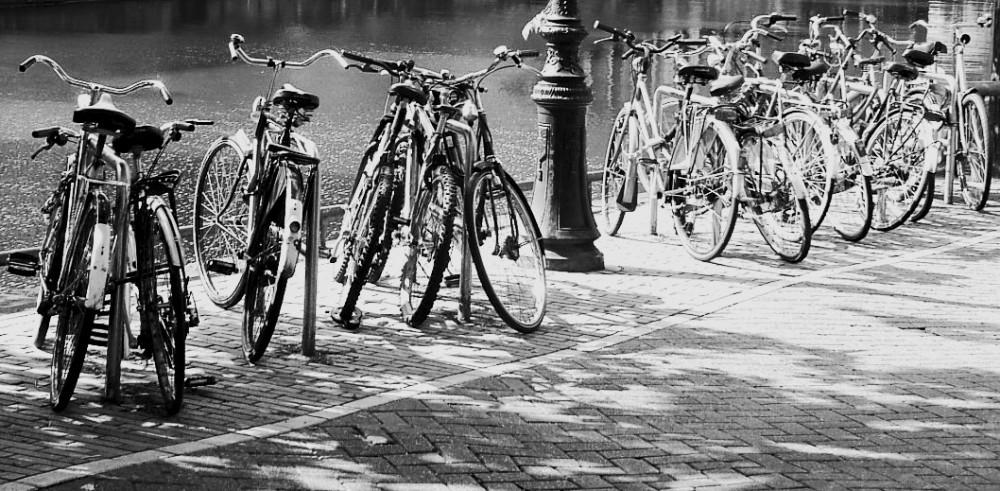What is it that makes man such an innovator when he is trying to destroy another?
War is death; war is man maiming, conquering, killing, another man; war is brutal, when the basest of human behaviour springs forth.
And yet, war also seems to bring with it the best of human ingenuity, inventiveness, innovation. In our day-to-day life, we may not give much consideration to the many things we take for granted but which rose out of the ashes, out of the rubble, out of the pall of death hanging over the battlefields all the world over.
Or should I say, these things were borne of man’s thinking on how to wage war, on how to reduce someone else to ashes and rubble, on how to bring death to the enemy.
The ubiquitous tin can was first used to provide longevity of food for the armies. Our getting from one place to another, by car, rail, plane or ship, is what it is very much thanks to advancements made for the purpose of moving troops and war machines across the map of war. We have been to the moon and back, we have landed on Mars, we are reaching out to the stars, on the back of technology that was originally conceived to get a load of explosives from one place to another, in order to destroy and kill.
But couldn’t we have achieved this, and more, without war, without conflict, in a world that only knows peace?
Do we need war to find this beauty of human endeavour, of human brilliance?
Seems strange to say that in the ignorance of war, man’s intelligence shines.
“He who marches joyfully to music in rank and file has earned my contempt. He has been given a large brain by mistake, since for him the spinal cord would suffice.”
Albert Einstein.
